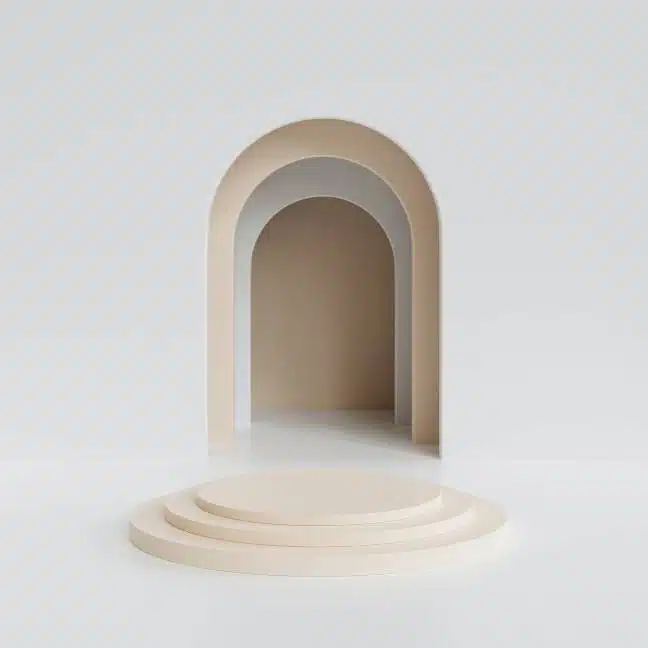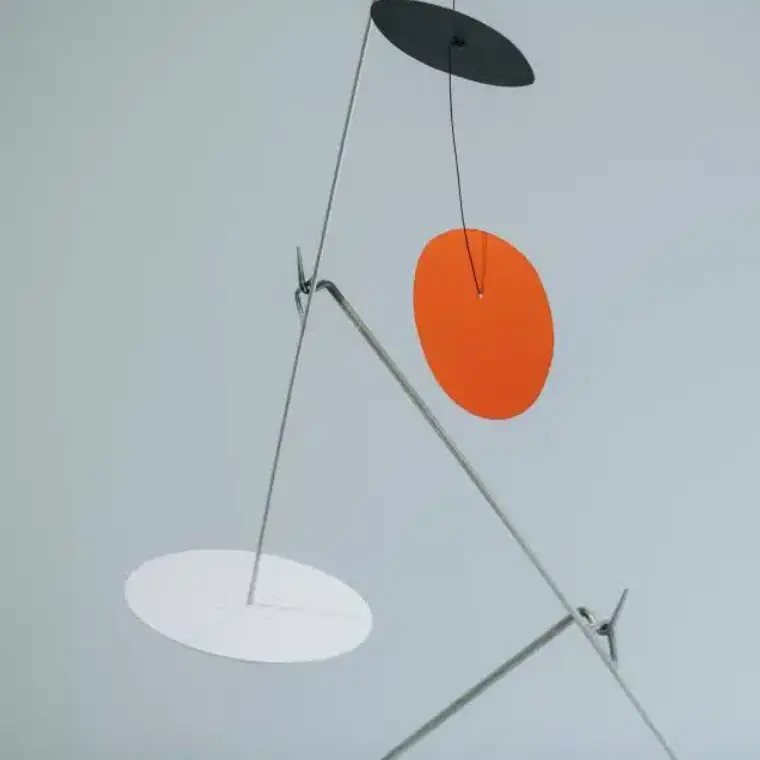
Do you think your child is increasingly preoccupied and distressed by their thoughts and fears?
If so, they could be experiencing obsessive compulsive disorder (OCD). Most people have heard of OCD, but it can develop at a much younger age than you might expect. The condition – characterised by obsessive thoughts and ritualised behaviours – can be distressing for both children and adults. Read on to learn more about OCD in children, how we diagnose the condition and child OCD treatment.
What is OCD?
Obsessive compulsive disorder is a type of anxiety disorder characterised by:
The repetitive presence of intrusive thoughts.
Compulsive behaviours.
An obsession is a persistent, unwelcome thought which is out of character. A compulsion is doing something over and over again without being able to stop, even if it makes the person feel worn out. People with OCD become trapped in repetitive thoughts and behaviours. It often develops in childhood and continues into adulthood.
Symptoms of OCD in children.
Most people have superstitions that influence their behaviour. For example, not walking under ladders, believing the number 13 is unlucky, and so on.
But when the behaviour starts interfering with day-to-day life, it’s time to seek professional mental health advice. Young people with OCD may obsess about something bad happening, or that they are bad themselves. They will perform certain ritualistic actions, or ‘compulsions’, to try to get rid of unwanted thoughts. Compulsions are generally centred on things the person feels will help gain protection or control. For example, ‘If I switch this light on and off three times, I won’t be bad.’
Symptoms may be mild or severe. In children, it often starts with subtle signs that gradually become more irrational. You may notice a mood change, more generalised anxiety or some mild symptoms on display. But there could be other things the young person is doing that you can’t see. Children may hide the extent of their difficulties. They often feel ashamed of their thoughts and keep them a secret. Because of this, many young people go untreated for a long time.
Examples of OCD symptoms include:
Washing hands excessively (usually due to fear of contamination)
Counting things over and over again
Pacing up and down
Hoarding objects
Having to arrange items in a certain order (e.g. symmetrical or alphabetical)
Another aspect is when young people become very distressed by their obsessions and the need to do their compulsions. They may try to get parents, friends or teachers to do some of the rituals for them.
OCD in children diagnosis.
When a child develops OCD it can have a significant impact on their daily life. In particular, the condition can affect their emotions, behaviour and psychological growth. So how can you know if your child has it? Only a qualified medical practitioner can diagnose and treat OCD. The symptoms may overlap with those of other conditions. These include depression, anxiety and personality disorders, which makes OCD challenging to diagnose.
We usually carry out a diagnosis based on these methods:
Psychological evaluation questionnaires
An interview with the parent(s)
An interview with the child
Child observation, if required
Child OCD in children treatment
There is solid evidence in favour of using cognitive behavioural therapy (CBT) for obsessive compulsive disorder.
The purpose of CBT is to help individuals manage a mental illness by changing the way they think and act. Our child OCD treatment usually takes around 20 sessions.
We recommend heavy involvement from family members throughout. Sessions can take place in the form of online therapy or in person. With CBT for young people experiencing obsessive thoughts, it’s important to work with a specially trained child therapist. Techniques such as traditional counselling have little scientific evidence for treating OCD symptoms.
GET IN TOUCH
Book a Consultation
If you think you may be experiencing depression, we’d love to talk to you about how we can help. Please contact us to arrange an initial discussion. Our therapist, Jordan Vyas-Lee, will be happy to explore your symptoms and discuss depression treatments that might work for you. Don’t feel like you need to put on a brave face, take the first step towards feeling better today.
Other Child Conditions

ADHD
Are you worried that your child may have ADHD? You’ve come to the right place. We are leading London ADHD specialists.

Depression
Do you think your child may be experiencing depression? Our therapists, specialise in a range of therapy models proven to help manage the symptoms of depression.

